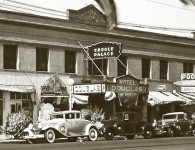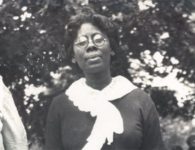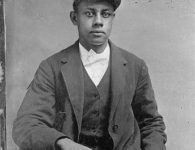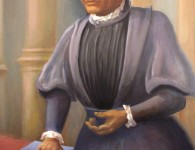In part one we went into the murder of a slave in Tortola named Prosper. His death at the hands of Arthur William Hodge wasn’t avenged by the law until early 1811. Before that Hodge had fled the island, possibly returning to Britain.
So why did he flee? Amelioration was being experimented with in parts of the Caribbean. This is where planters were held responsible—to various degrees—for violating the well-being of slaves. Not all colonies took to the practice in equal measure and in colonies that did the planter class expectedly turned against it.
It is appropriate to warn that the details testifying to Hodge’s treatment and murder of slaves are graphic and violent.
Hodge’s Trial
On March 11, 1811, Arthur William Hodge is captured and taken in to be tried. By most accounts Hodge’s defense was baseless. His excuse was similar to other planters who had to pay for violating their slaves’ safety: The slave was his property and he could do as he wished with him. His character witnesses were his sister Penelope and a Black woman—both proved ineffective.
As for the prosecution, it had several powerful witnesses such as the Black free woman Perreen Georges, a White inspector named Stephen McKeough, and a Justice of the Peace named Daniel Ross. The witnesses detailed various incidents where Hodge killed or severely tortured slaves casually.
Common methods were whippings and pouring boiling hot water down slaves’ throats. This resulted in the death of five known slaves—six including Prosper. He would attempt to drown small children by holding their heads under water until they passed out. Hodge would then have the children revived and repeat the act. Some children subjected to this were possibly his own by a slave named Peggy.
His cruelty was unchecked to the point that it actually affected the population on his plantation. At its peak, the plantation had around 100 working slaves. Witness Daniel Ross said that it got to the point that when Hodge’s wife died the plantation didn’t even have healthy slaves on hand to dig her grave.
Hodge pled for mercy using God and his faith as a crutch in hopes of appealing to the jury. The President of the Council of the Territory, Richard Hetherington countered saying that God drew “no distinction between a master and servant” and “whether on White persons or on Black persons, the crime is equally the same with God and the law.”
The Sentence
On April 30, 1811, the jury turned in to come to a verdict. Two hours later they found him guilty. It appears that Hetherington’s words sealed the fate of Arthur William Hodge. However, the bulk of the jurors called for Hodge to receive mercy. Judge Robertson handed down the sentence of death, scheduled for roughly a week later.
The mayor of the region, Hugh Elliot—a known abolitionist—activated the militia and declared martial law to quell any potential riots related to Hodge’s sentence. In early May 1811, he was hanged and his body taken to the family’s plantation for burial.
REFERENCE
-https://en.wikipedia.org/wiki/Arthur_William_Hodge





















2 Comments
So glad to see that at some point we were avenged!!!
Good post. Thanks.